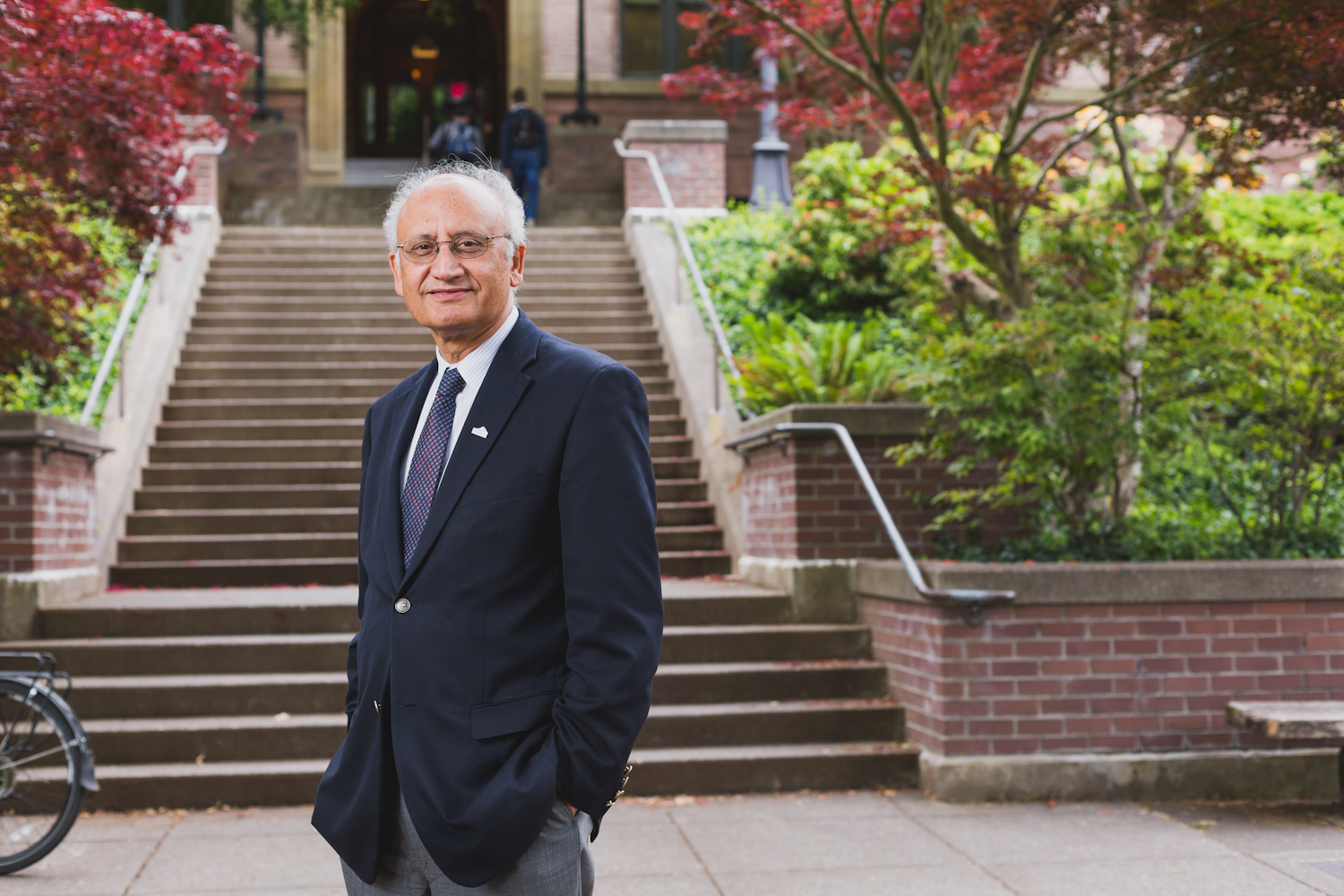In this issue we look at the stories of two determined women of color, one who was Western’s first Black student in 1906 and another, currently a senior in the Fairhaven College of Interdisciplinary Studies, who escaped war-ravaged Afghanistan as a child. These two women born more than a century apart share something in common: the immense expectations that come with being a trailblazer.
Alma Clark Glass arrived in Bellingham in 1906 as the first Black student to enroll at the State Normal School, but the welcome was not all-encompassing. The Bellingham Herald reported that a vocal contingent of students threatened to withdraw if Alma was allowed to stay. Faculty and other students defended Alma’s right to attend and to be treated with dignity. Bellingham Normal School trustees responded by introducing a resolution to be made public:
“that the school is for the benefit of all the people of the State of Washington, regardless of color, race or politics, good work and good morals being the essentials required of students.”
A century later, Rukhsar Sadat’s Shia Muslim family was persecuted by the Taliban and victimized by a conflict dubbed the “forever war.” Her mother, suffering from trauma and determined to give her seven children an education and a brighter future, made the courageous decision to leave Afghanistan in 2001.
After spending several months in a refugee camp in Pakistan, Rukhsar’s family was accepted for asylum in the U.S. Since becoming fluent in English in first grade, Rukhsar began her journey as a translator, family caretaker, and serious scholar. Even then, she knew her family’s expectations were immense.
As I think about the journeys of these two courageous women, I can’t help but think of the parallels to our nation’s 49th vice president. As the U.S. spent two-and-a-half centuries growing increasingly multicultural, our leaders have remained strikingly non-diverse. When Kamala Harris raised her hand on the steps of the Capitol on Jan. 20, we took another important and much needed step at the national level toward realizing our ideals of justice and equality for all.
Vice President Harris often talks about her most important role model being her late mother, Shyamala Gopalan, an Indian immigrant, civil rights activist and breast cancer researcher who raised two daughters mostly by herself. Harris often shares the advice that her mother drilled into her as a child: “You may be the first to do many things, but make sure you’re not the last.”
As our communities emerge from the global COVID-19 pandemic, a crisis that has had an outsized impact on women and especially women of color, let us always be working to make sure that door stays open for those who follow us.
